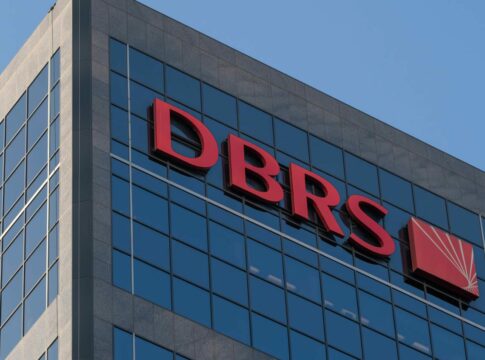The Ministry of National Economy and Finance and the Independent Public Revenue Authority (AADE) have recorded gaps in the current tax legislation regarding transactions with cryptocurrencies and digital assets.
Therefore, huge sums that are currently being traded and invested in cryptocurrencies and digital assets are tax-free. On the other hand, these gaps do not allow legally acting citizens to claim profits from sales of cryptocurrencies and digital assets to cover acquisition of assets.
The Independent Public Revenue Authority (AADE) has begun an effort to record the problems that exist in the control and taxation of transactions in cryptocurrencies and digital assets, in order to proceed with proposals to the Ministry of National Economy and Finance for the change the legislative framework, so that it is possible to deal with the specific problems.
Based on the record that has already been made, the following gaps exist in the tax legislation:
1) Article 32 of the Income Tax Code (law 4172/2013) does not expressly provide that the sums of money spent by any natural person for transactions with cryptocurrencies and digital assets are a presumption for determining taxable income.
2) It has not been clearly stated in the Tax Law and the related interpretative circulars the taxation of income (profit) obtained from investments in cryptocurrencies and digital assets.
3) There is no legislation and therefore there are no instructions from the AADE for the identification and tax control of those who are systematically active in transactions with cryptocurrencies and digital assets.














